#PaulNiedermeyer
Curbside Classics Central: Portal To All Of Them Here
Paris Auto Show: A Walk And Talk About Cars
You don’t need TTAC to tell you what’s new at this year’s Paris auto show. If you want the re-hashed-yet-excited PR-based bits about the newest 515 HP sports car concept, or if you want to hear about which electric cars VW will maybe/probably/possibly introduce in 2014, and how great they already are at this very moment, then you probably know where to go.
Yet there is, undoubtedly, plenty of stuff from Paris worth writing about. For any car nut, the place is a Xanadu. Especially for me personally, when the opportunity presented itself to see the Paris show with one of my very favorite automotive writers (and I’m not just saying that because he’s the boss’ father), Paul Niedermeyer. Here’s an (edited, because you don’t want to spend the next three hours reading this), highly subjective conversation between two car fans. – Martin Schwoerer
Curbside Classic: GM's Deadly Sin #10 – Cadillac Cimarron
What exactly is it that magnetically stops us in our tracks to look at a junky old car sitting at the curb and ponder it? Yes, it might unleash a treasured or long-forgotten memory of our youth. Or it might dredge up experiences we’d just as soon forget. But for most of us, there are only so many cars that afforded us memories of happily spilling our bodily fluids within or that spewed its hot fluids in our faces. In the bigger picture, since old cars aren’t exactly fossils or butterflies, they tell the highly variable story of the humans that created them: that rare spark of true brilliance, or the flights of imagination, for better or for worse. But all too often, it’s really schadenfreude. Yes, there are few things guaranteed to make one feel better about one’s own foolish mistakes and shortcomings than to chortle at someone else’s. And today, I’m going to need a really big helping of schadenfreude if it’s going to keep me from slipping into empathy for this car. Because the truth be told, we’ve all built our own personal Cimarrons. Or at least come mighty close to it.
Paul Niedermeyer Says Farewell; Moves On To The Next Curbside Classic
Transitions are almost never easy, and leaving TTAC and Curbside Classics is downright painful. But for a number of reasons, that’s what needs to happen right now. Two of them are in the picture above.
Curbside Classic: 1968 Chevrolet Camaro
You wake despite the hope that you would never awake, that it was all just a bad dream. But you know she’s there in the bed next to you. In the early gray light of morning, your bleary eyes reluctantly open and fall on her mottled and pallid white skin. She seemed so hot and glamorous last night, in the sparkly beams of light on the dance floor at the Rockin’ Rodeo. Everyone always raved about Camaro, what a hot number she was, and how you just had to have one some day. And last night there she was, and you finally screwed up your courage to ask her for a dance. At the time, all you could see were those hips, those glorious bulging hips. You just knew they promised action, despite the fact they weren’t hardly moving at all. Oh yeah; she was saving her energy for the big run, the final blast, you kept telling yourself. But it never came.
An Illustrated History Of Automotive Aerodynamics – In Three Parts
[Note: A significantly expanded and updated version of this article can be found here]
That air presented the greatest obstacle to automotive speed and economy was understood intuitively, if not scientifically since the dawn of the automobile. Putting it into practice was quite another story. Engineers, racers and entrepreneurs were lured by the potential for the profound gains aerodynamics offered. The efforts to do so yielded some of the more remarkable cars ever made, even if they challenged the aesthetic assumptions of their times. We’ve finally arrived at the place where a highly aerodynamic car like the Prius is mainstream. But getting there was not without turbulence.
Lincoln: A Brief History Up To 1961
In honor of our greatest president’s birthday this Friday, it’s going to be Lincoln Week at Curbside Classic. We’ll start with a brief history of the brand to set us up for the sixties, when our featured cars begin.
Curbside Classic: GMC TDH-4523 Transit Bus
GM has built some great vehicles in its day, but nothing can top their buses. They literally owned the bus market from the forties through the seventies, but they earned that spot with superior technology and quality construction. One of the most brilliant and enduring examples of that is the “New Look” transit bus that came out in 1959, and revolutionized the field with advanced stress-skin aluminum construction and absolutely indestructible build quality. These buses are still on the road in transit duty fifty years after they first saw the light of day. A variation of this bus (the Classic) was still being produced by MCI until 1997. Given that this pictured bus was built about the same time as the 1978 Cadillac Eldorado in our last Curbside Classic, we have here a study in GM contrasts. Of course, even GM’s bus business eventually ended badly in its inimitable way.
The Best Of TTAC: Auto-Biography Part 7 – Bus We Must
It was the mother of all drifts. Forty feet behind me, the back of the passenger bus was coming around fast, threatening to wipe out a block’s worth of cars parked across the street. By the time I caught the first slide, I had overcompensated. My arms were a whirling dervish on the giant steering wheel, flying back and forth, until the bus straightened out. No need to stop for coffee THAT day; I was wide awake on a triple-shot of adrenalin.
Curbside Classic Outtake: Covering All Transportation Bases
Exclusive: TTAC Takes Apart Both Toyota Gas Pedals
Update: To see all of TTAC’s related articles on the subject of Toyota gas pedals, go here:
In yesterday’s post , we offered a bounty for anyone to open up both the CTS (bottom) and Denso (top) Toyota gas pedal assemblies. No one took us up, and no one anywhere else has done it, so we took it upon ourselves . Here they are, both e-pedal assemblies taken apart and examined, in our quest to understand if and what the significant differences are, and how Toyota’s possible “shim” fix would work. On initial observation, it appears that the CTS may be perceived as being the more solidly engineered/built unit, in that the pedal pivots on a traditional and solid steel axle whose bearings are brass or bronze sleeves. The Denso’s whole pivot and bearing surfaces are relatively flimsy-feeling plastic. But that can be deceptive, and we’re not qualified to judge properly if it is indeed inferior or superior. So the question that goes beyond the analysis of these e-pedals is this: are these units really the full source of the problem, or are they scape goats for an electronics and/or software glitch? Pictures and tear down examination and analysis follows:
Update #2: It’s clear to me now that the CTS unit I took apart already had the side cover plates (sheet metal) removed before I examined it. One can see where they fit, and are obviously intended to protect the exposed axle pivot and bushing seen above and below:
(Update #3: Also see our follow-up stories on Toyota’s fix and our replication of the fix and its results)
Paul Niedermeyer Becomes TTAC Managing Editor
Curbside Classic Clue (Updated With Hint)
Curbside Classic: 1959 Chevrolet Biscayne
Look at the picture above. Now pretend it’s your rearview mirror. That giant set of batwings is right behind you and gaining; now it pulls into the fast lane. A couple of teenagers grin as they zip by you ass-backwards at seventy miles an hour. The front grille of the ’59 Chevy slowly recedes in the distance ahead. If you spent any time on the roads of Cincinnati around 1969, this may well have happened to you.



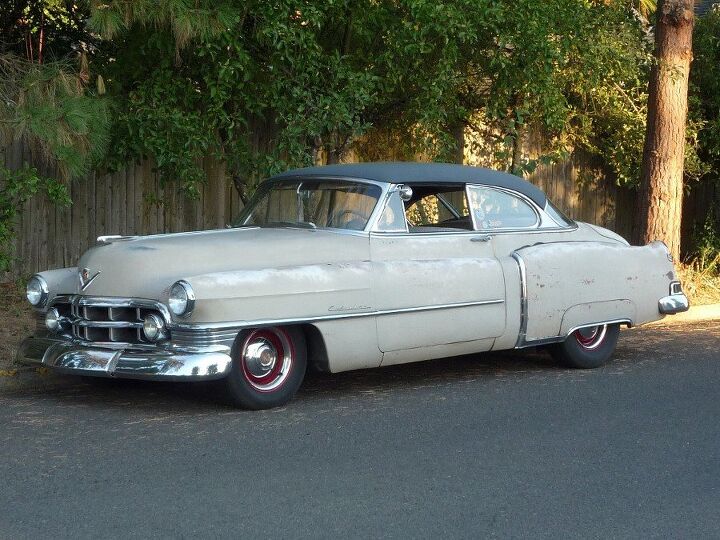

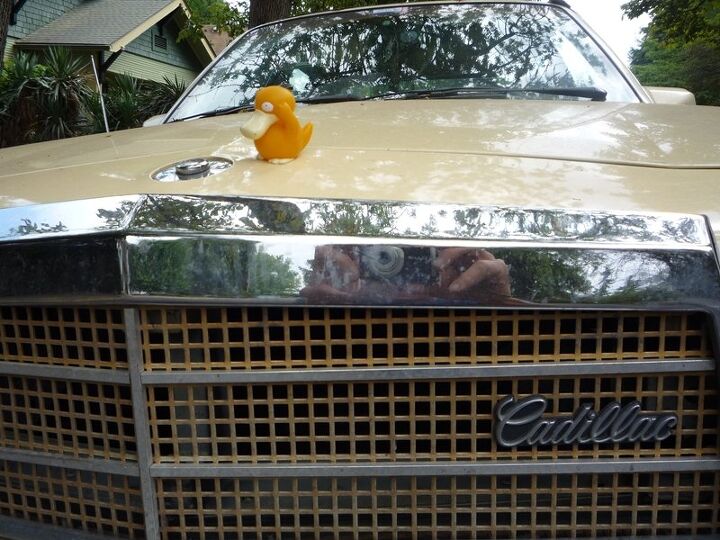
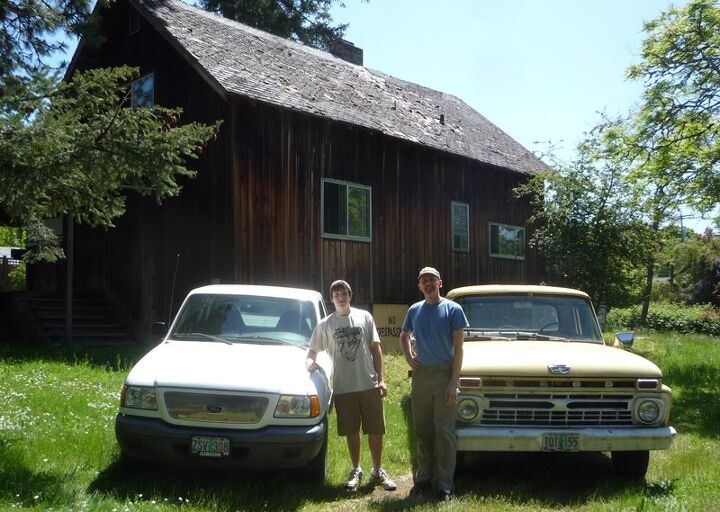
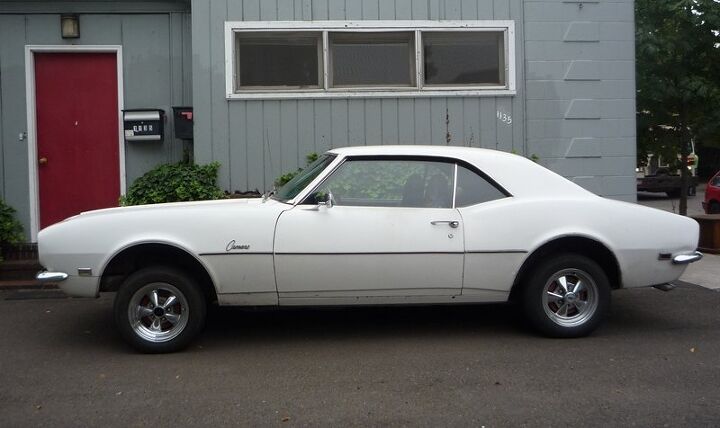
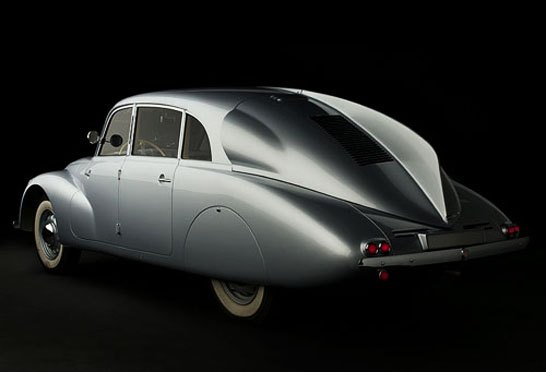
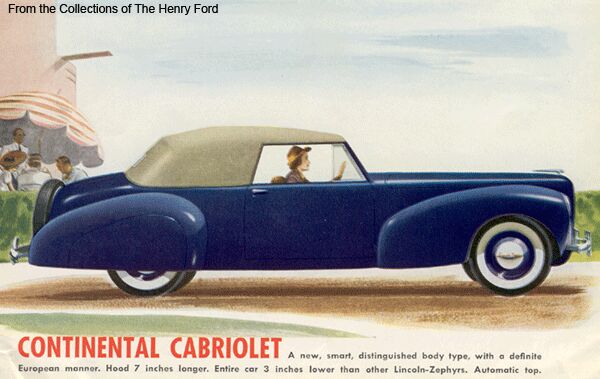



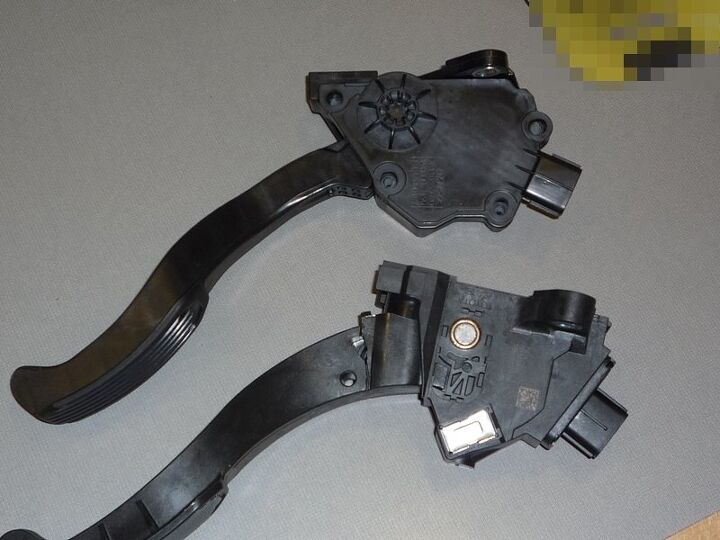


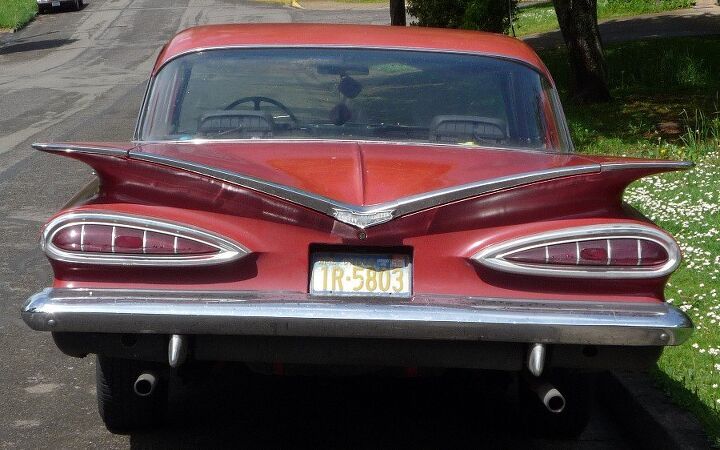
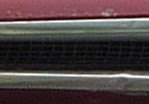












Recent Comments